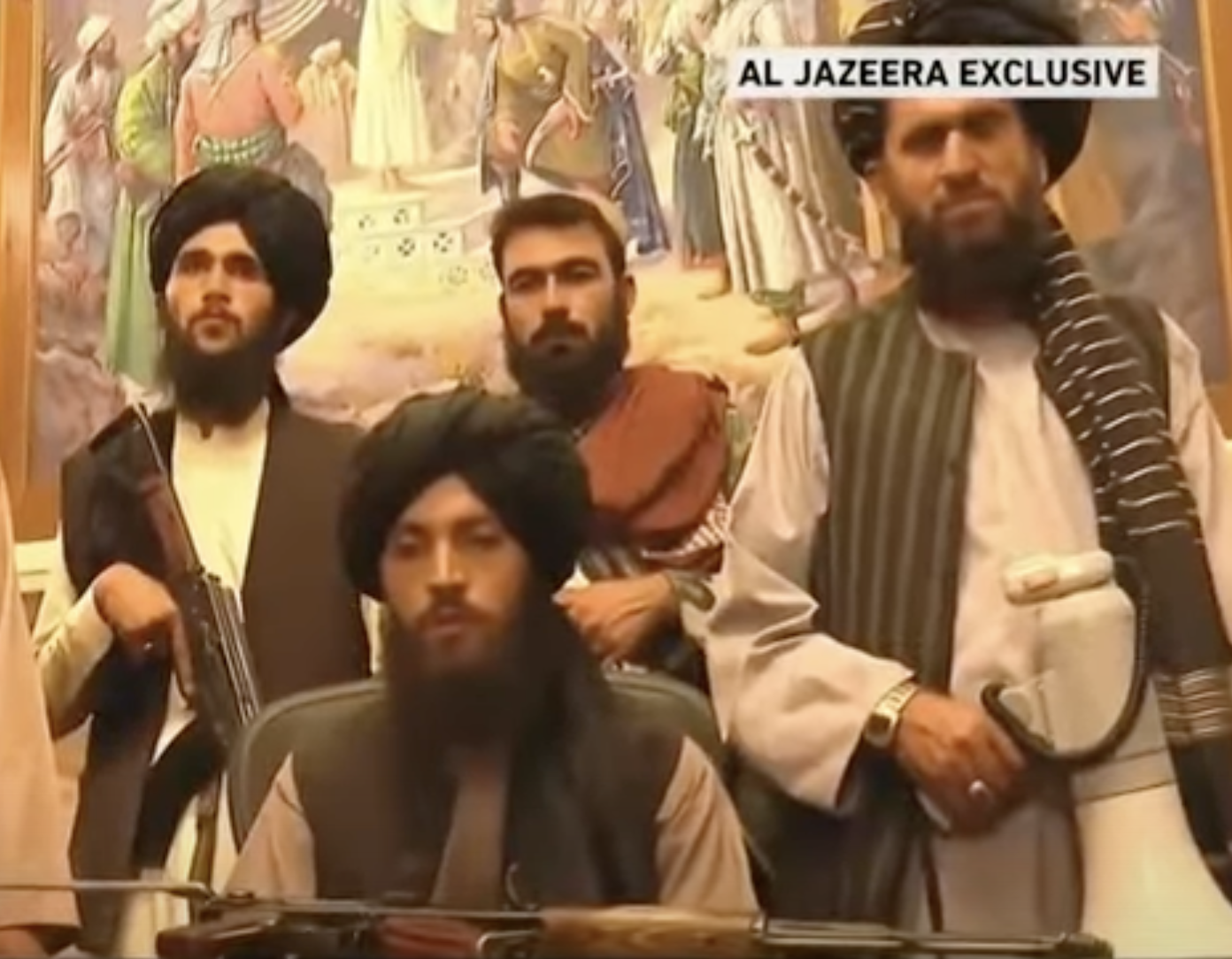Metropolitan Paul Yazigi had no way to know that he was about to vanish into the chaos of the Turkish-Syrian border during the violent rise of the Islamic State.
"If we want to be good children to God, then we don't thank Him only when He gives us [blessings]," he said, in one of his final sermons (translated from Arabic) before he was kidnapped on April 22, 2013.
"Also, when we are hurting, we say to Him: 'Your hand must be taking care of us, and we thank You.' …A Christian is a creature that gives thanks to God for all things one knows and doesn't know, for both the good and the hardships one faces in his life."
Sermons about faith and suffering are always timely in ancient churches.
The bishops of Aleppo, Syria – Metropolitan Yazigi and Metropolitan Yohanna Ibrahim of the Syriac Orthodox Church – disappeared 10 years ago while seeking the release of two kidnapped priests. Their car was surrounded by a pack of armed men, as they maneuvered through risky checkpoints near west of Aleppo. Their driver died in the gunfire, but a survivor later testified that the kidnappers were not speaking Arabic and appeared to be from Chechnya.
There were no ransom demands from the terrorists. The shepherds of Aleppo simply vanished, inspiring few headlines outside the Middle East.
The 10-year anniversary passed quietly this spring, after years of special prayers during Orthodox worship services around the world.
"I don't think anyone can assume, at this point, that they are still living. But there is a sense that we don't know enough about what happened to have a sense of closure," said Father Thomas Zain, dean of St. Nicholas Antiochian Orthodox Cathedral in Brooklyn, New York.
"It's likely that they were kidnapped in Turkish territory, which added another level of complexity to the political situation." Many have concluded that the gunmen "didn't know who they had kidnapped. When they realized what kind of mistake they had made, they may have killed them immediately and moved on."
A joint statement from the two churches marking the anniversary was especially poignant since the leader of the ancient Antiochian Orthodox patriarchate is more than Metropolitan Yazigi's "brother" bishop – they are actually brothers from the same family.










